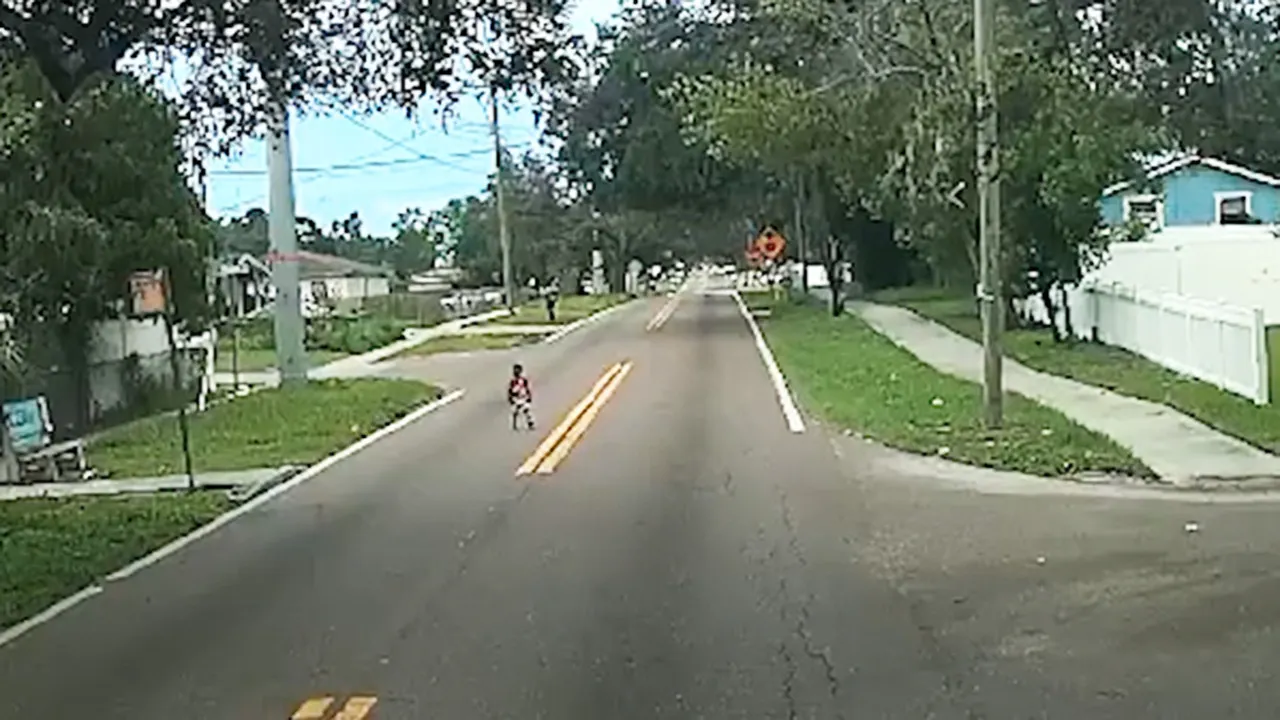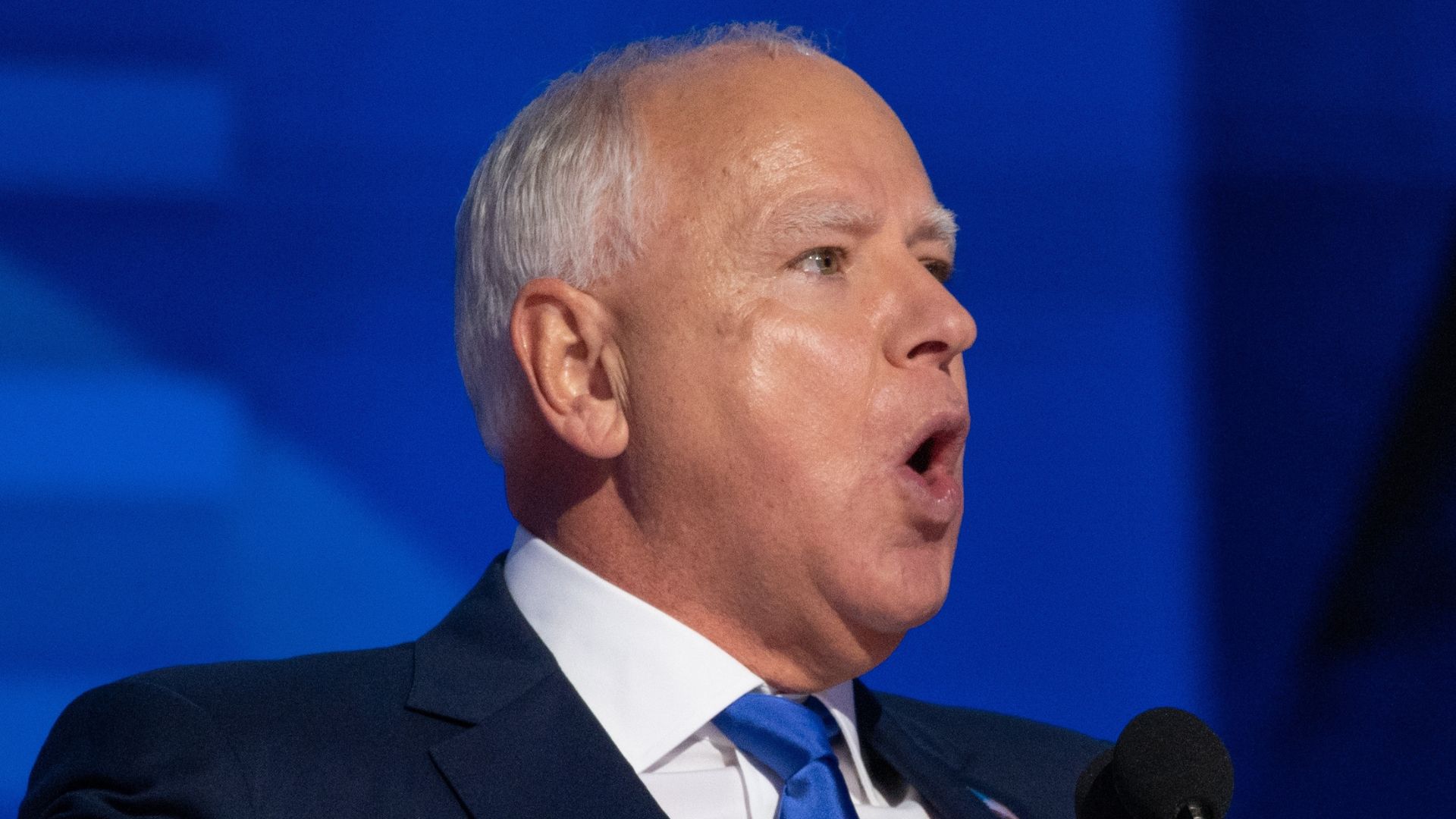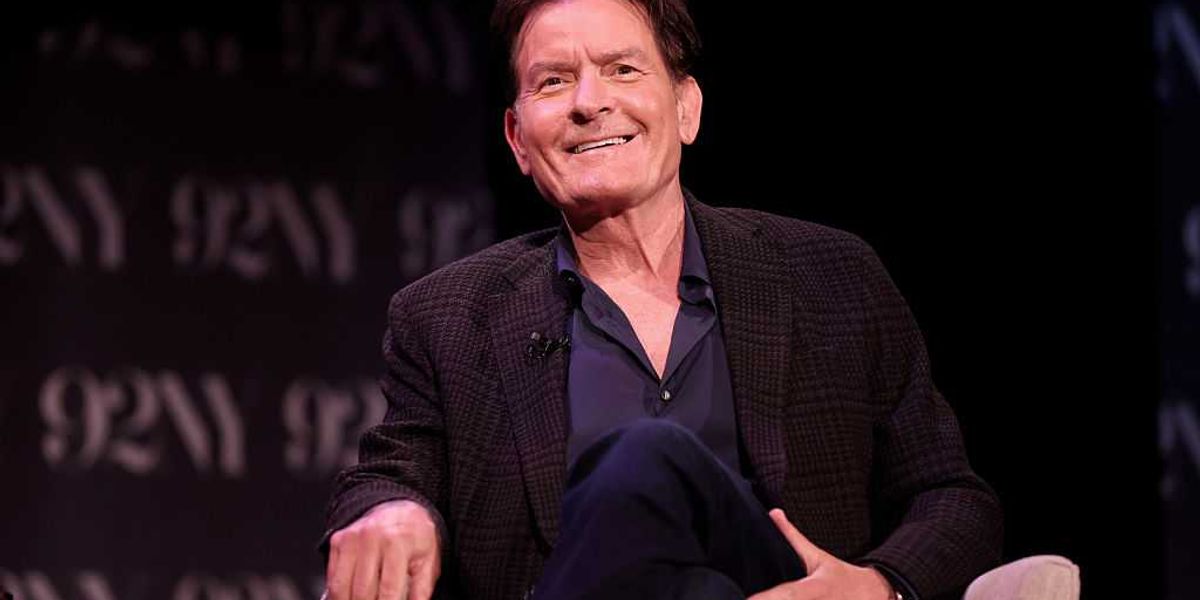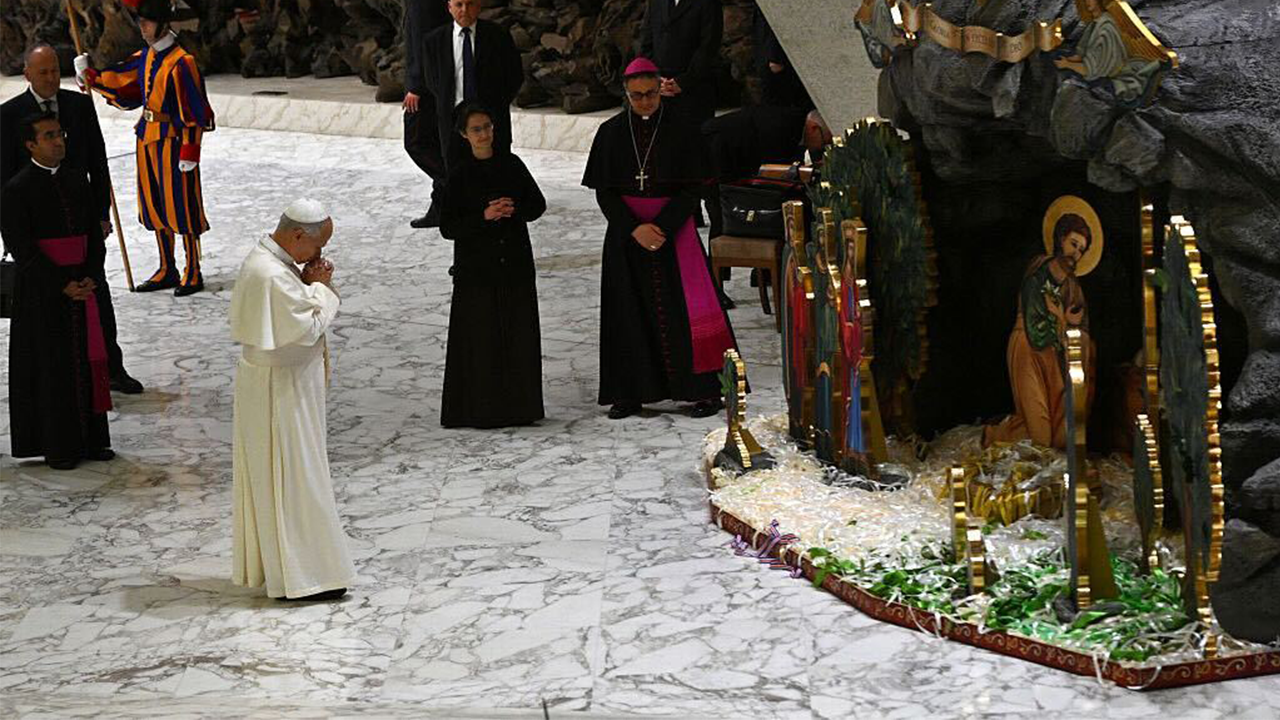Sen. Adam Schiff (D-CA) said during an MSNBC interview on Wednesday that he could not rule out the possibility of President Donald Trump authorizing military strikes against domestic organizations after the administration’s designation of certain groups as terrorist threats.
Schiff made the remarks during an appearance on All In with Chris Hayes, where the discussion focused on the administration’s recent classification of the Venezuelan gang Tren de Aragua as a “narco-terrorist” organization and its stance toward Antifa and other domestic groups accused of political violence.
Host Chris Hayes said, “The contention of the administration is they’ve called Tren de Aragua a narco-terrorist, that that elevates them and that we’re an armed conflict with them. Today the attorney general Pam Bondi, who refused to answer so many of those questions in a White House meeting about Antifa, said, essentially, we are going to treat Antifa the way we’re treating the cartels. Now one of those cartels, they have said, is a narco-terrorist, that they have the inherent constitutional authority to order strikes on. And I got to say, that moment, you know, caught my attention, given the level of violence they are directing at those cartels.”
Schiff responded, “It should catch all of our attention because if you look at where this started. It started with blowing up ships. You then have the president say, well, we may go to land targets now in Venezuela or elsewhere. And with statements like the attorney general, now you begin to wonder, do they believe that they have the authority by putting some groups on a list, even domestic groups, to use lethal force against them, with no trial, no due process, no nothing.”
The California senator added, “And, you know, the reality is we can’t rule that out. We can’t rule that out. I mean, given the abuse, the misuse of the military in American cities, the president telling the assembled generals and admirals that we have an enemy within, it’s a military training grounds in American cities as far as he’s concerned, you cannot exclude the possibility that the next stage of this is to go after groups closer to home, or even here at home.”
The exchange came after Attorney General Pam Bondi said at a White House briefing that Antifa and similar groups would be treated “the same way we’re treating the cartels,” suggesting that the administration viewed violent domestic networks through the same legal framework used for foreign terrorist or criminal organizations.
This Could Be the Most Important Video Gun Owners Watch All Year
Earlier this month, the White House formally designated the Venezuelan gang Tren de Aragua as a “narco-terrorist organization,” a move that, under federal law, allows for the use of targeted military or intelligence operations against the group.
The administration has also expanded counterterrorism authorities for federal law enforcement and military coordination targeting transnational gangs.
Bondi’s statement followed the designation and appeared to apply similar standards to certain domestic extremist groups accused of violent activity in U.S. cities, including Antifa.
The Justice Department has maintained that such designations are aimed at violent networks and not political organizations.
Schiff, who previously chaired the House Intelligence Committee, has been an outspoken critic of Trump’s national security policies and the use of military power for domestic operations.
His comments echoed previous concerns he raised during debates over the Insurrection Act and the use of federal forces in major U.S. cities during civil unrest.
The Department of Justice has not commented directly on Schiff’s statements.
The administration has continued to defend its use of expanded counterterrorism designations as a legal tool to disrupt violent organizations operating within or outside the United States.
As of Thursday, there has been no indication that any domestic groups have been formally designated for military targeting under the narco-terrorism authority.
However, Schiff said the rhetoric surrounding such powers should be “closely monitored,” warning that broad interpretations of executive authority could blur the line between foreign and domestic military operations.
Read the full article here


![Adam Schiff Suggests Trump Could Use Military to Bomb Americans [WATCH] Adam Schiff Suggests Trump Could Use Military to Bomb Americans [WATCH]](https://www.lifezette.com/wp-content/uploads/2025/08/2025.08.06-07.10-lifezette-6893a88a31acf.jpg)









